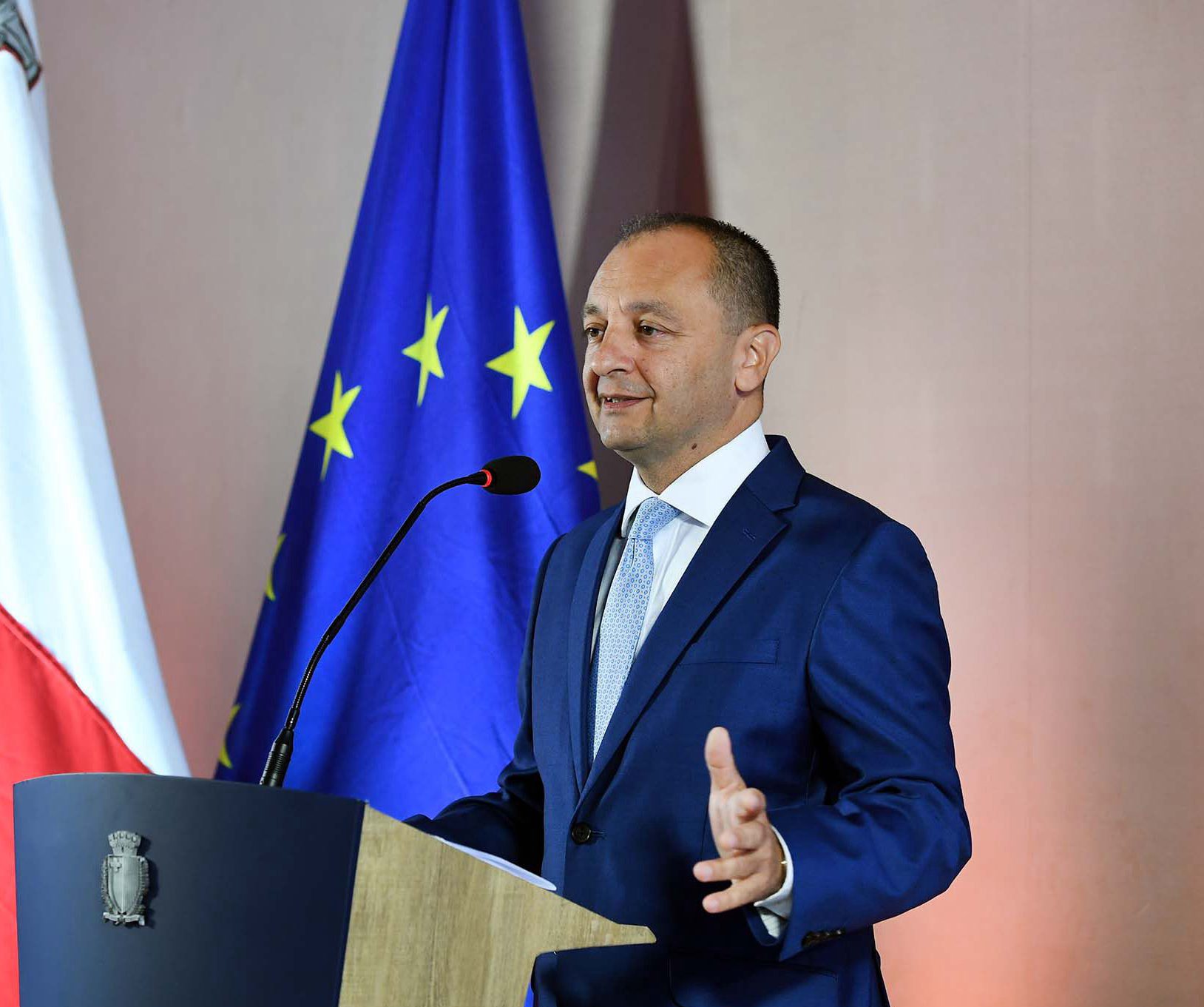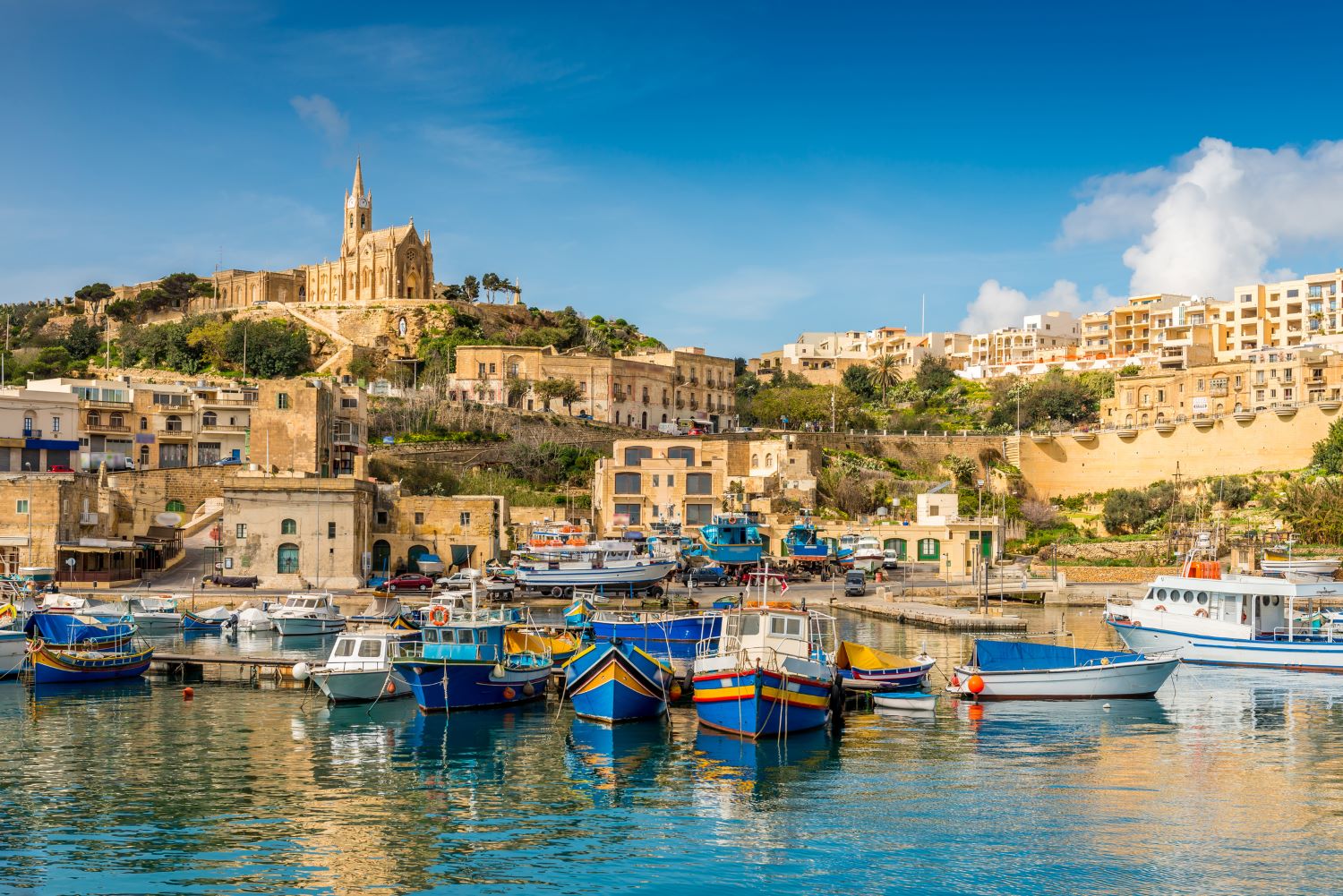In comments featured in the Autumn edition of Business Now Magazine, the sister publication to BusinessNow.mt, JP Fabri, an economist and co-Founding Partner of Seed, points out that the long process of rectifying the situation had already begun before the Financial Action Task Force’s (FATF) decision to place Malta under increased monitoring, known as the so-called grey list, in June.
For instance, several reforms, guidelines and new requirements came into effect in the months prior, and the positive Moneyval assessment earlier in the year showed that Malta was making good progress towards improving its legal and governance structures.
Mr Fabri believes it is still too early to quantify the effects greylisting may have, with much depending on the stance foreign banks take with respect to doing business and processing payments originating or terminating in Malta.
“This could be the biggest tangible effect: the difficulty in effecting payments, especially dollar ones,” he says. “Prior to greylisting, Malta had already suffered the brunt of global de-risking by correspondent banks, and this may well be exacerbated by greylisting. But only time will tell how banks react.”
Recent reports of companies surrendering their licences to operate in Malta, Mr Fabri says, are not solely the result of greylisting, but symptoms of a “weakened, fragmented” financial services ecosystem. “Looking ahead, Malta continues to operate in an extremely competitive environment and that is why the focus needs to be on the complete ecosystem, including banking relationships, efficient regulatory processes, positive customer journey, and experience together with the right talent,” he says.
“The continuation of the reforms and of strengthening Malta’s governance system and structure is a priority. Momentum and focus must remain unabated, yet I believe reforms need to have a degree of proportionality and attention must be given to implementation and maintenance. Here, the key is digital transformation, and regulatory and compliance processes need to be automated to ensure that they do not burden operators unnecessarily. Further focus on ensuring that ecosystems are truly working and not fragmented will also be central to support Malta’s relaunch,” Mr Fabri says.
This forms part of a wider feature in the Autumn edition of Business Now magazine, the sister publication to BusinessNow.mt
DIER cracks down on employment agencies bringing foreign workers to Malta
DIER has intensified its enforcement of employment agencies responsible for bringing foreign workers to Malta
Gozo issues call for roadmap to climate neutrality
The plan to achieve climate neutrality in Gozo by 2030 is ramping up
Two years since its birth, Moneybase features on Microsoft’s Customer Stories
Moneybase has now just been featured on Microsoft’s latest Customer Stories






